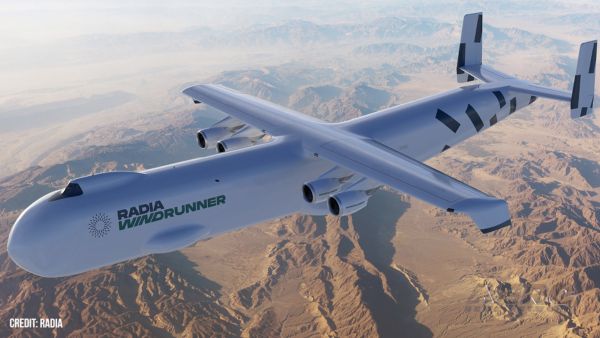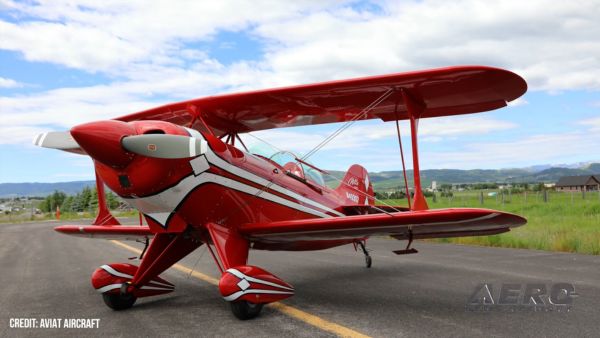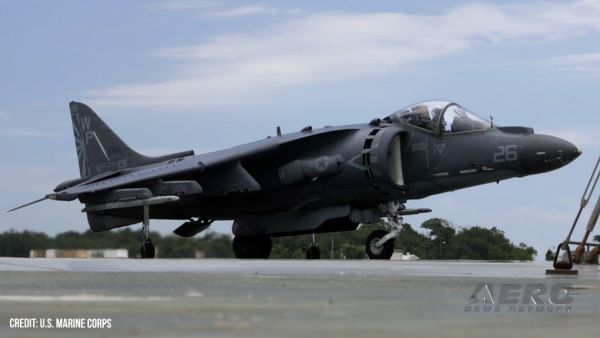Mon, Oct 22, 2012
All four Galileo IOV Satellites Were Assembled, Integrated And Tested By Thales Alenia Space In Rome
The last two Galileo IOV (In-Orbit Validation) satellites were successfully launched on Friday October 12th by Arianespace, using a Soyuz rocket at the Guiana Space Center in French Guiana. These two satellites, assembled, integrated and tested at Thales Alenia Space's plant in Rome, will join the first pair of IOV satellites, launched in October 2011.

The full fleet of four Galileo IOV satellites was designed and built by Astrium, the industrial prime contractor for the space segment, under contract to the European Space Agency (ESA) for the In-Orbit Validation phase. The IOV satellites will demonstrate the capabilities of the Galileo system prior to the deployment of the full constellation, which will eventually include 30 satellites.
The launch of the last two IOV satellites is a major milestone for the Galileo program and the European space industry, as well as reflecting Thales Alenia Space's key role on Galileo. In addition to taking charge of the assembly, integration and testing (AIT) of the four IOV satellites, Thales Alenia Space provides key equipment for the navigation payload and platform.
Thales Alenia Space has been a major partner in the Galileo program since the outset, starting with the ground-based Galileo System Test Bed in 2003 and as lead subcontractor for the GIOVE-B demonstrator that was launched in 2008. As prime contractor for Galileo system support, Thales Alenia Space provides support services to ESA for system engineering, performance, assembly, integration and validation, plus signal-in-space engineering, safety engineering and product assurance. Thales Alenia Space is also prime contractor for the development and deployment of the Galileo Mission Segment (GMS) and the Galileo Security Facility (GSF) that will control the overall navigation system from the ground. Moreover, Thales Alenia Space will provide the signal generation units and the antennas, both key elements in the navigation payload, for the first 22 satellites already ordered for the Full Operational Capability (FOC) constellation.
More News
NORDO (No Radio) Aircraft that cannot or do not communicate by radio when radio communication is required are referred to as “NORDO.”>[...]
Aero Linx: South Carolina Aviation Association (SCAA) Airports in South Carolina support the state’s economy and are themselves economic generators. Residents, businesses, an>[...]
Also: AV-8B Harrier For CAF Arizona, Boeing Gets ODA, Army NG Rescue, Longitude To C. America A California Superior Court judge recently ruled that GAMI’s unleaded avgas does>[...]
Also: Williams International Builds Up, Marines v Drones, NBAA v Tariffs, New GAMA Members Hermeus confirmed the flight of its Quarterhorse MK 1 aircraft at the Air Force Test Cent>[...]
A Few Questions AND Answers To Help You Get MORE Out of ANN! 1) I forgot my password. How do I find it? 1) Easy... click here and give us your e-mail address--we'll send it to you >[...]
 ANN's Daily Aero-Term (06.04.25): NORDO (No Radio)
ANN's Daily Aero-Term (06.04.25): NORDO (No Radio) ANN's Daily Aero-Linx (06.04.25)
ANN's Daily Aero-Linx (06.04.25) Airborne 06.04.25: G100UL Legal Decision, FAA v Starship, Laser Conviction
Airborne 06.04.25: G100UL Legal Decision, FAA v Starship, Laser Conviction Airborne-NextGen 06.03.25: Hermeus Quarterhorse, VFS Forum, VX4 eVTOL
Airborne-NextGen 06.03.25: Hermeus Quarterhorse, VFS Forum, VX4 eVTOL ANN FAQ: Q&A 101
ANN FAQ: Q&A 101



